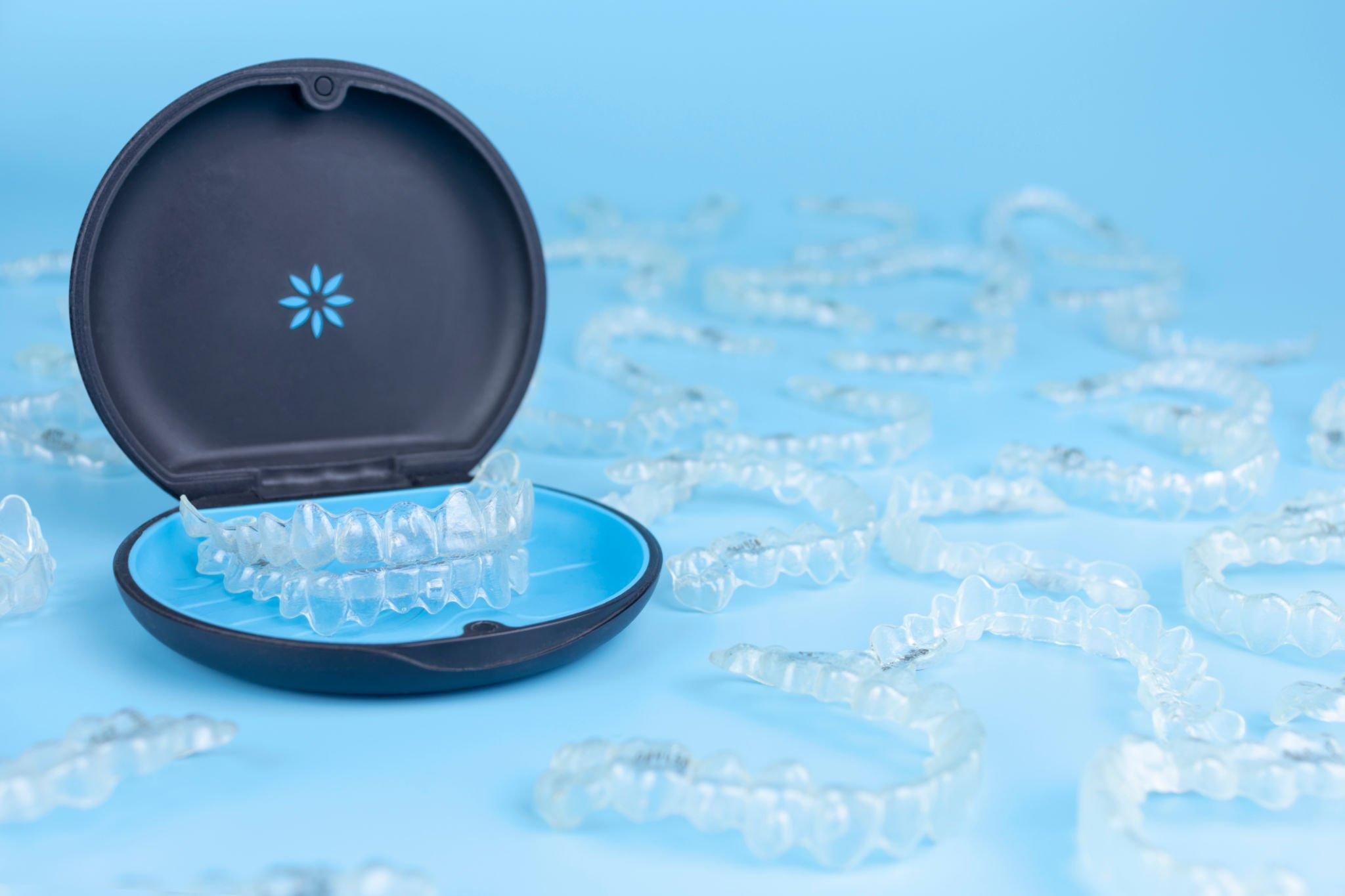Taking care of one's teeth and gums is essential for more than having a perfect smile. It's also crucial for one's physical health. The state of one's mouth may dramatically affect the well-being of one's whole body, and vice versa for several systemic illnesses. To better understand the mouth-body link and the particular health aspects influenced by dental health, we shall delve further into this topic throughout this blog.
What's the Mouth-Body Connection?
A person's mouth is an entryway to major organs of the body, and the condition of the oral cavity has extensive implications for your general health. Not caring for your teeth and gums increases the risk of developing gum disease (periodontitis) and other dental illnesses. Inflammation throughout the body is linked to such dental concerns, which indicates a wide range of chronic diseases. It's also possible for oral bacteria to travel to other regions of the body through the circulatory system, where they may cause illnesses and irritation.
What factors contribute to poor oral health?
1. Diabetes
Diabetes and dental health are linked in both directions. Gum disease is more common among people with diabetes because of their weakened immune systems and inability to effectively regulate the sugar in their blood levels. On the other hand, untreated gum disease may increase the difficulty of controlling blood sugar levels, hurting the health of those with diabetes. Better glycemic control and fewer diabetes-related problems are possible when people with diabetes practice good dental hygiene.
2. Psychiatric Health
The condition of one's teeth and gums may have a significant impact on one's psychological as well as physical health. Social isolation, low self-esteem, and shame may result from issues related to oral health, such as tooth loss, painful gums, or worries about how one's smile looks. Researchers have observed links between gum disease and higher stress, sadness, and lower standards of life. If you take care of your teeth and gums by visiting a dentist in Mckinney, Tx, you'll boost more than just your confidence when you smile: your mental health will improve, too.
3. Pregnancy Complications
When a mother's health is good, so is her baby's. The same rule applies to oral health. Pregnant women not caring for their teeth and gums may lead to premature delivery, low birth weight, and hypertension. Pregnancy gingivitis is gum inflammation brought on by changes in hormones throughout pregnancy. Pregnant women and their unborn children benefit significantly from periodic dental exams, good oral hygiene, and swift resolution for any oral health concerns that may arise.
4. Cardiovascular
Numerous investigations have shown a correlation between gum disease and heart problems. Infections of the gums may spread germs to the circulatory system, which can then cause inflammation and raise the likelihood of cardiovascular disease. Prevention of these diseases and improvement in cardiovascular health may be aided by regular dental care and quick treatment of gum disease.
5. Respiratory Health
A person's ability to breathe correctly is affected by their dental health. Bacteria from the mouth may be breathed into the lungs, where they can cause infections or even pneumonia or exacerbate pre-existing respiratory diseases such as chronic obstructive pulmonary disease (COPD). People may help prevent breathing problems and improve their ability by practicing excellent oral hygiene habits such as brushing, flossing, and consulting with the best dentist in Mckinney, TX.
6. Digestion
The digestion process is greatly aided by good oral health. For appropriate digestion, it is essential to have teeth and gums in good condition since this will allow for more efficient chewing. Problems with chewing caused by tooth loss or inadequately fitting dentures may cause digestive issues, poor nutrition absorption, and gastrointestinal distress. By caring for their teeth and gums, people may help their bodies absorb nourishment from what they eat and aid in digesting.
7. Bone Health
You must care for your teeth and gums to keep your jawbone strong and healthy. If you lose teeth and don't replace them, your jawbone will atrophy and collapse. In addition to increasing the likelihood of jaw fractures, this might cause noticeable facial alterations. Maintaining one's skeletal condition and overall well-being depends on one's ability to take care of their teeth and appropriate dental care when necessary.
8. Immune System
Maintaining good oral health may help the immune system do its job of warding off illness. If you don't care for your teeth and gums, dangerous bacteria will build up in your mouth, triggering irritation and weakening your immune system. A weakened immune system makes people more prone to illnesses and increases the time to recuperate from conditions like persistent gum disease. It has been shown that those who take care of their teeth and gums and have any problems fixed immediately have a stronger immune system and are less likely to become sick.
9. Cancer
The state of one's oral health is applicable as a barometer of one's general health and as a tool in the fight against and early diagnosis of certain cancers. Indications of oral cavity cancer, such as odd blisters, red or white spots, and chronic discomfort, may be detected at routine dental checkups. Research has also linked poor dental health to a higher likelihood of malignancies, including pancreas and gastrointestinal cancers. Although further studies are required to show a direct causal association, it is already clear that taking care of your mouth is crucial to detecting cancer early and reducing your risk of dying from it.
Conclusion
The necessity of addressing complete dental care is underscored by knowledge of the close connection connecting oral health and general well-being and fulfillment. The effects of ignoring oral health may extend well beyond the mouth and influence many other aspects of one's physical and emotional well-being. Secure a healthy future by prioritizing their oral health via frequent dental checkups at Mckinney pediatric dentist, brushing and flossing twice daily, and avoiding tobacco use.



